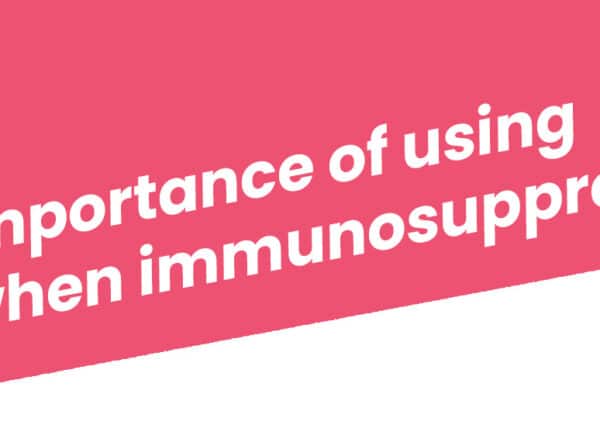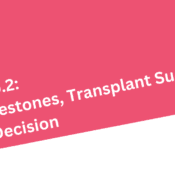- Home
- Tips
Tips
The importance of using SPF when immunosuppressed
In 2016, skin cancer was the most commonly diagnosed cancer in Ireland, with over 11,000
admin0 Comments
Tips on getting healthy & staying healthy post-transplant – A Patient’s Perspective
I think the key to doing well after transplantation is to try to return to
admin0 Comments





